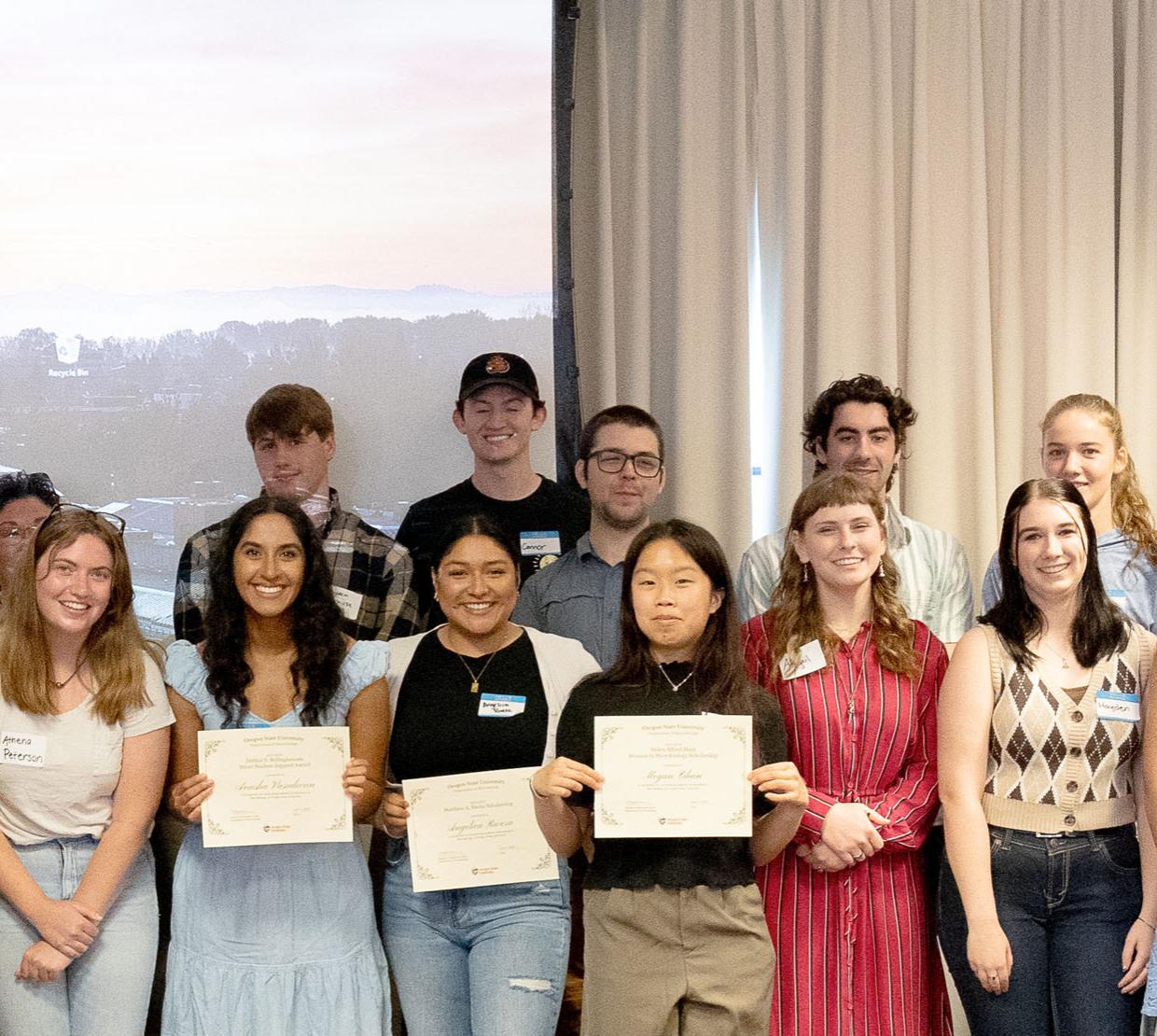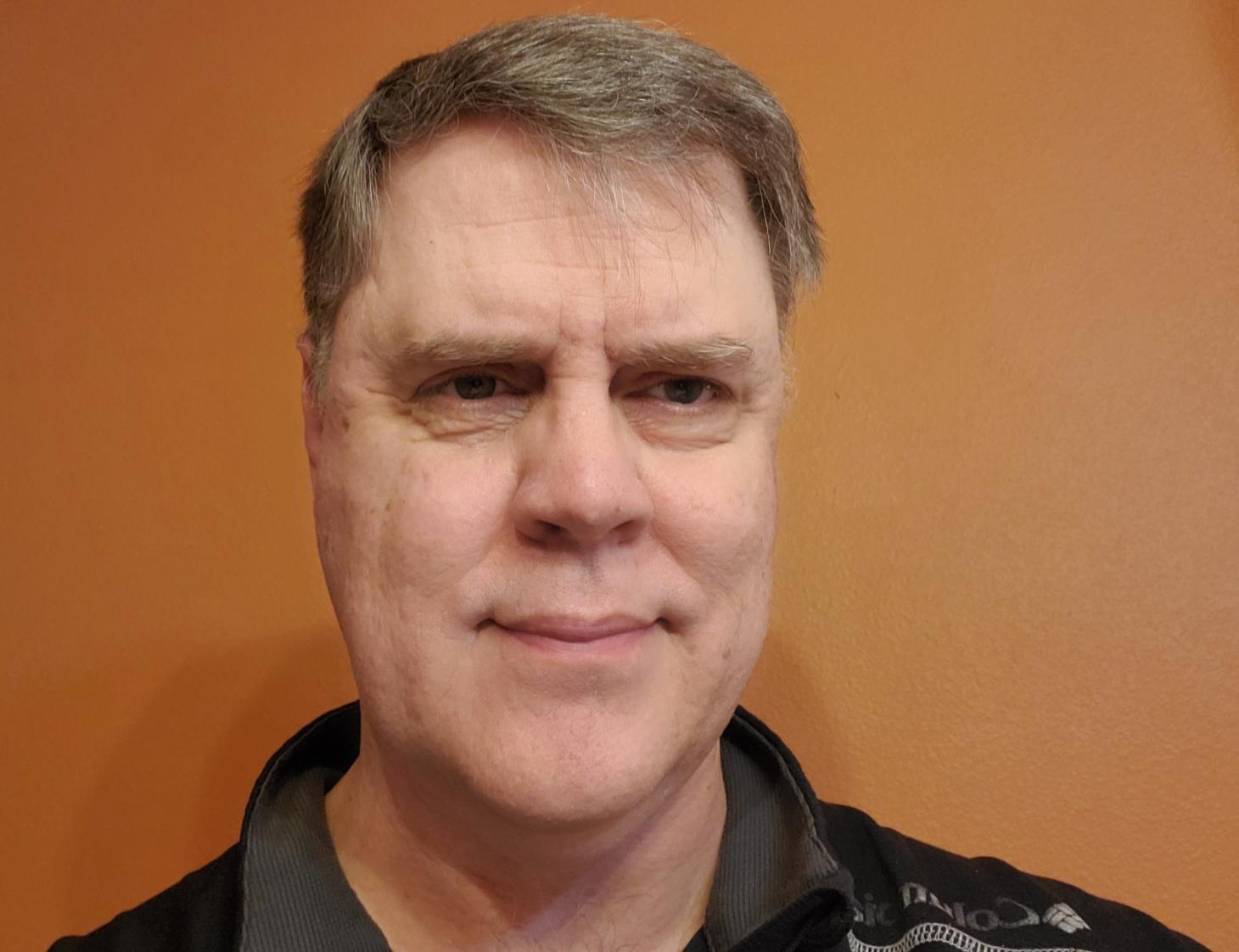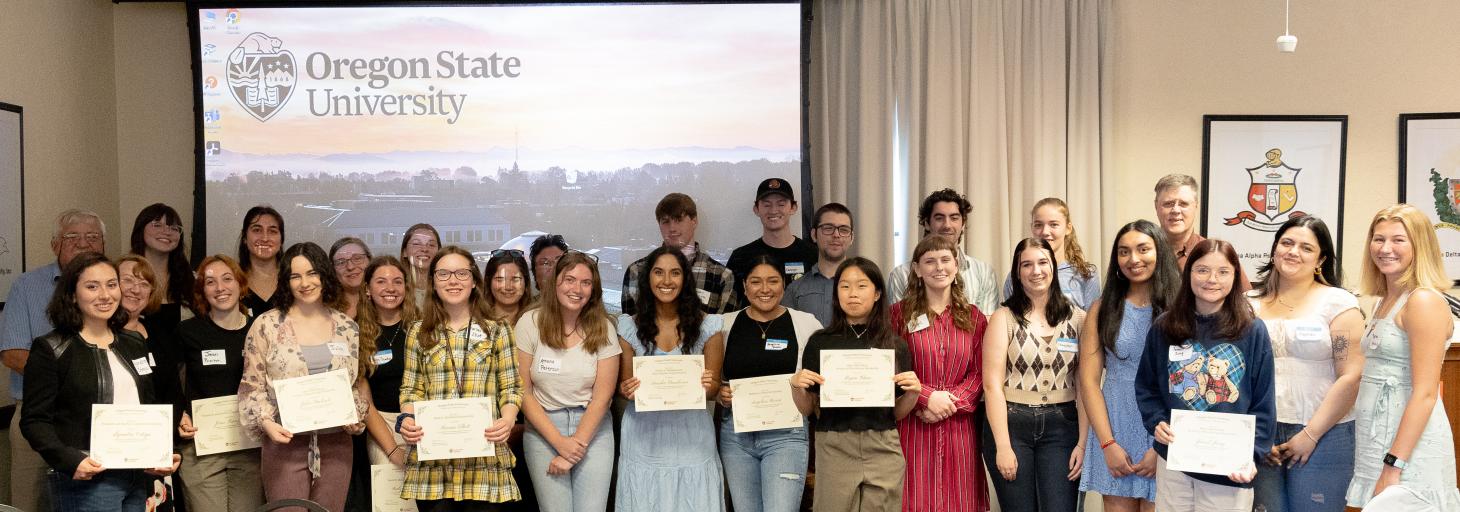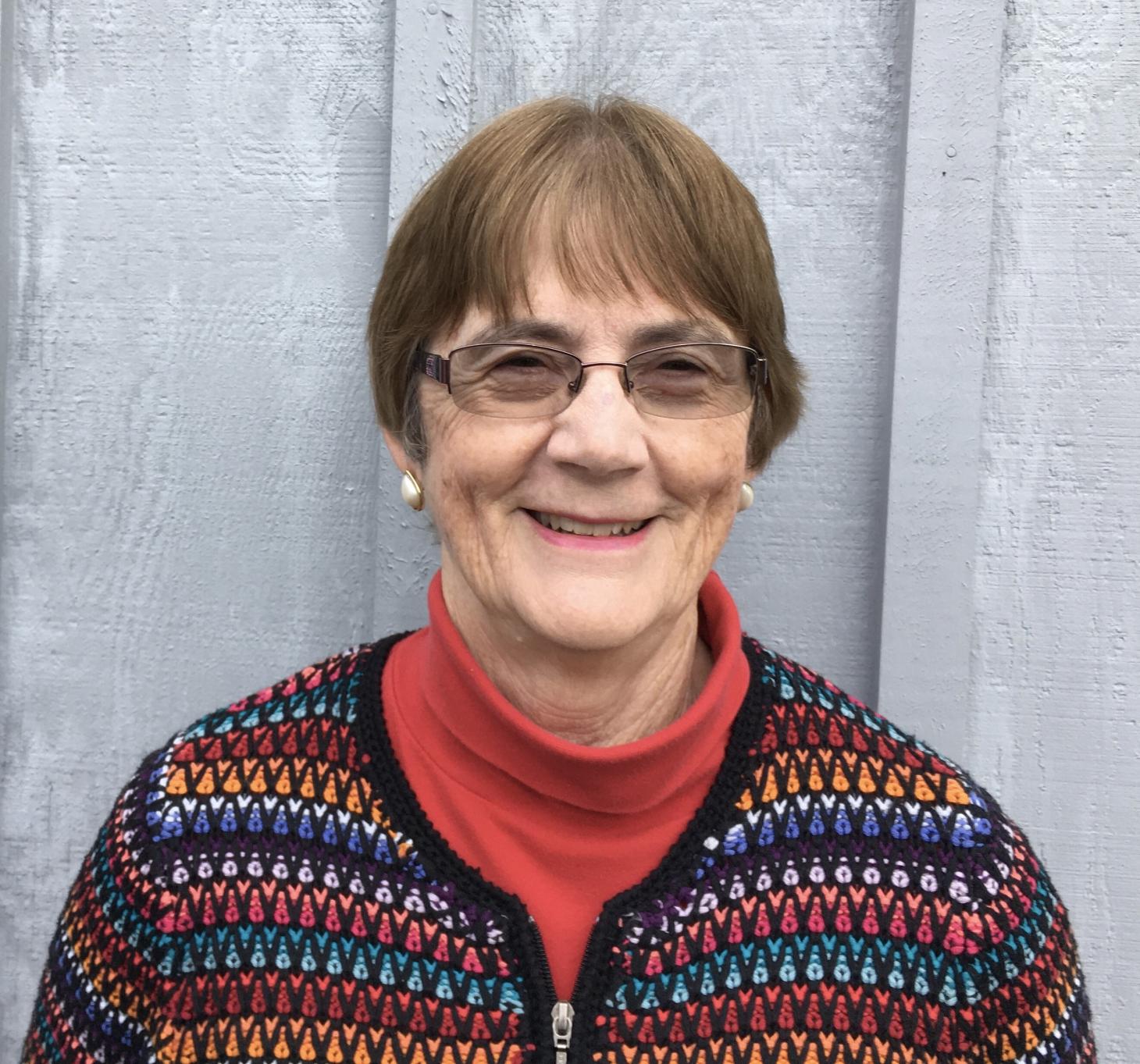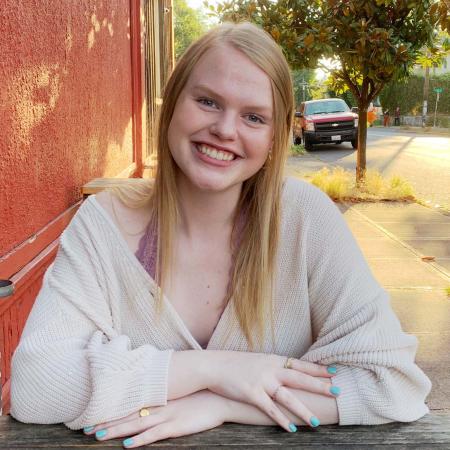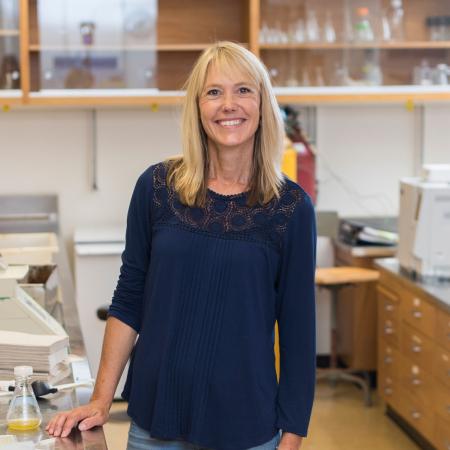The Mary Ann and Gordon Matzke Endowed Pre-Health Scholarship Fund provides scholarships for undergraduate students majoring in biohealth sciences.
While many donors are inspired to give because of fond memories of being students at Oregon State, Mary Ann Matzke is different. While her memories are no less fond, they stem from being a staff member rather than a student.
She worked as an adviser, and later head advisor, at the College of Science from 1987 to 2012.
"As often happens, academic advising was a career that I fell into, but it became a calling for me as I felt like it used skills I’d been acquiring my entire life," she said.
Her life started in a small town in Oklahoma where her father was a local physician. She studied zoology and pre-med at Oklahoma State University. After meeting her husband Gordon, her plans changed.
"I went with him to Syracuse University where I earned my master’s in population biology and evolution," said Matzke. "We then went off to the Selous Game Reserve in southern Tanzania where I assisted him in his research for his Ph.D. in geography relating to the interaction of human populations and wildlife."
Returning to Oklahoma State University, she took an advising job in the College of Arts and Sciences. "I found that I really liked it," she said. "Upon our move to Corvallis, after spending a few years home with children, I saw an ad for an advising job in the College of Science at Oregon State University. I was fortunate enough to get that job."
She was equally fortunate, she said, to have Dean Fred Horne and Associate Dean Dick Thies as mentors.
"At that time, professional advisors at Oregon State were not common," she said. "The health professions advising center that Dean Horne established with Chere Pereira, chief premedical advisor, Shelly Murphy, and myself was a new idea in the college."
For the first 15 years of her career, she advised students planning to enter health professions. "Those fields always held interest for me due to the number of medical professionals in my family," Matzke said. "I thoroughly enjoyed seeing students develop throughout their careers at Oregon State and eventually achieve their dreams.
She also spent a couple of years advising College of Business students under Clara Horne, the head advisor in the college. "This cross-college experience informed my later advising in the College of Science," she said.
For the last 10 years of her career, she served as head advisor in the College of Science -- coordinating the advising, student recruitment and orientation services. She was also responsible for overseeing the scholarship program.
"This is where I saw the impact that a scholarship can make in a student’s life," Matzke said. "One of my mentors was Janine Trempy, professor in microbiology, and associate dean in the College of Science."
About the time she retired, a new major, biohealth sciences, was created in microbiology for students interested in entering a health profession.
"This seemed like a good place to establish a scholarship that would benefit the kinds of students I advised during my career," said Matzke.
Her husband Gordon was a faculty member, advisor and department chair in the geography department at Oregon State.
"He always supported my career and was a constant source of advice and encouragement," she said. "I’m happy that we could make this contribution in both of our names and that it will support students pursuing health professions for many years to come."
